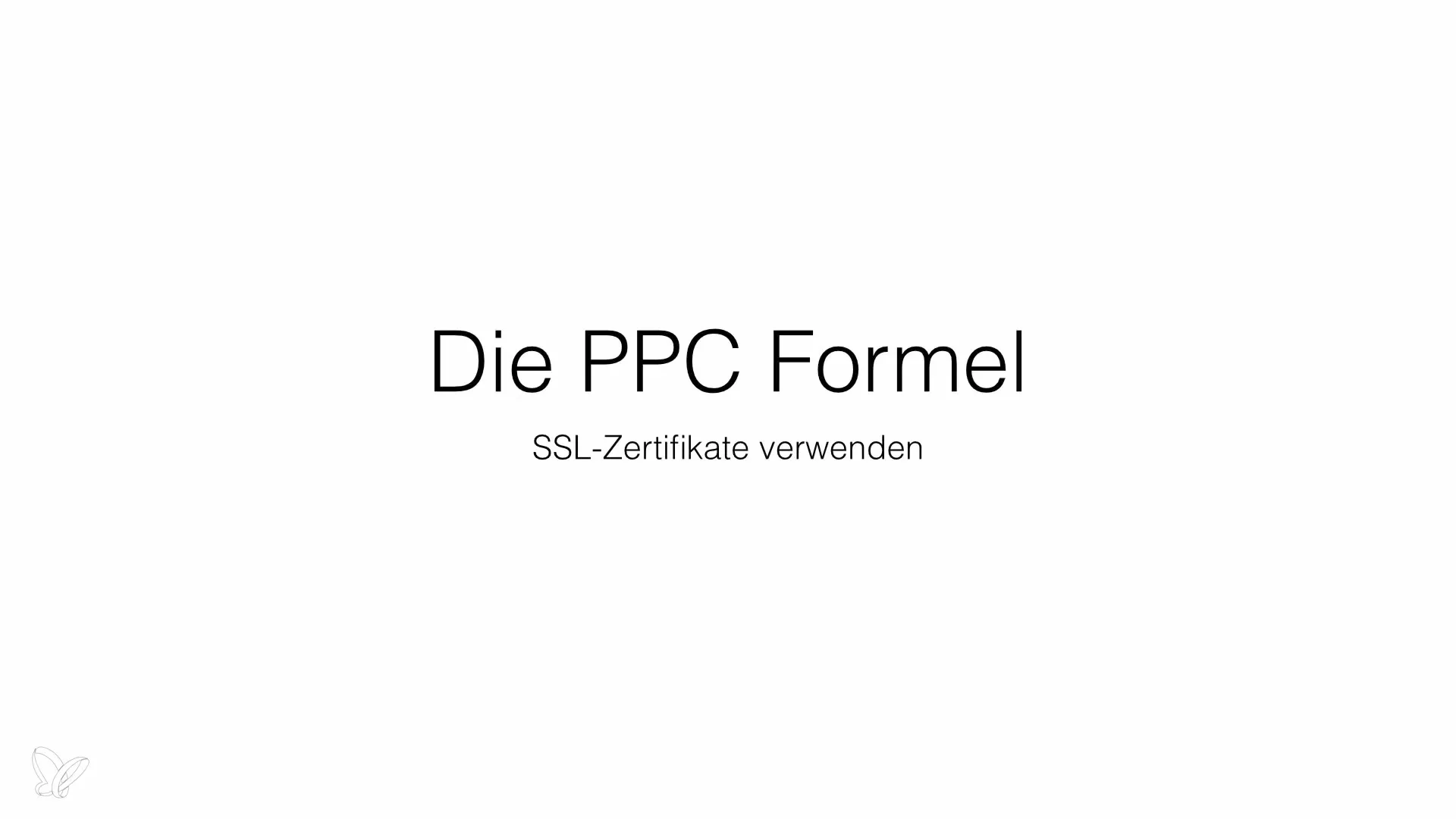To be successful in today's digital world, it is essential to engage with the best practices of web development. One of these practices is the use of SSL certificates – a small but powerful tool that not only increases the security of your niche site but also improves your visibility with search engines like Google. In this guide, you will learn why and how to implement SSL certificates for your website, even if you are not processing user data.
Key Takeaways
- SSL certificates are important for all websites, including niche sites.
- They increase security and user trust.
- SSL certificates improve search engine rankings.
- The use of SSL should be standard to demonstrate the integrity of your website.
Step-by-Step Guide
Step 1: Understand What an SSL Certificate Is
SSL stands for Secure Socket Layer. It is a security protocol that establishes an encrypted connection between the web server and the user's browser. This connection ensures that all data transferred between the two is secure and cannot be viewed by third parties. The use of HTTPS (Hypertext Transfer Protocol Secure) is a signal to Google and your users that you take security seriously.

Step 2: The Importance of SSL for Niche Sites
In the past, creating niche sites was often associated with the assumption that minimal investment was needed to succeed. Many niche site operators viewed SSL certificates as unnecessary costs. However, this is no longer the case today. An SSL certificate signals to Google that you take the site seriously and that your content holds high value. Therefore, you should also implement SSL for niche sites.
Step 3: Choosing the Right SSL Certificate
Choosing the right SSL certificate is crucial. You do not need an expensive certificate; often a simple solution like those offered by Domain Factory will suffice. They provide cost-effective options that are completely adequate for most niche sites. The monthly price can start at around 5 euros, depending on the specific requirements of your site.
Step 4: Installing the SSL Certificate
Once you have decided on an SSL certificate, the next step is installation. In most cases, you can do this through your web hosting control dashboard. Make sure that the setup is done correctly to ensure that your site is actually accessible via HTTPS. This is a critical factor for the credibility of your site in the eyes of Google.
Step 5: Verifying the SSL Installation
After the SSL certificate has been installed, you should check to see if everything is functioning correctly. Go to your website and ensure that "https://" is displayed in the URL bar and that the lock symbol is visible in the address bar. An incorrect installation can lead to security warnings that may deter your visitors.
Step 6: Informing Users About Security Measures
Now that your niche site is secure, you should also inform users about it. A brief note on your website that you use SSL can help to strengthen visitor trust. Awareness of data protection and security is higher than ever in today's age, and many users pay attention to whether a site is secure or not.
Step 7: Continuous Maintenance of the Site and the SSL Certificate
The final step is to ensure that you regularly update your site and maintain the SSL certificate. Ensure that your certificate does not expire and that you carry out regular updates for your content. Actively maintaining your niche site signals to Google that you are engaged, which can positively impact your ranking.
Summary
The use of SSL certificates on niche sites should never be neglected. They are an essential component of building trust and greatly improve the security of your website. By choosing and installing the right SSL certificate, you can not only gain the trust of your users but also optimize your performance in search engines.
Frequently Asked Questions
Why are SSL certificates important for niche sites?SSL certificates increase security and show Google that you take the site seriously.
How much do SSL certificates cost?Prices often start at around 5 euros per month, depending on the provider and type of certificate.
How do I install an SSL certificate?Installation is usually done through your web hosting provider's dashboard.
How do I check if my SSL certificate is installed correctly?You should see "https://" and a lock symbol in the address on your website.
How often do I need to renew my SSL certificate?It depends on the type of certificate; many need to be renewed annually.


